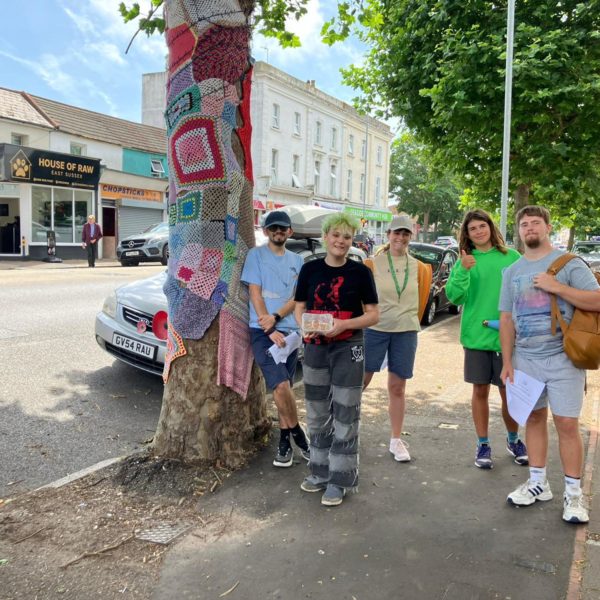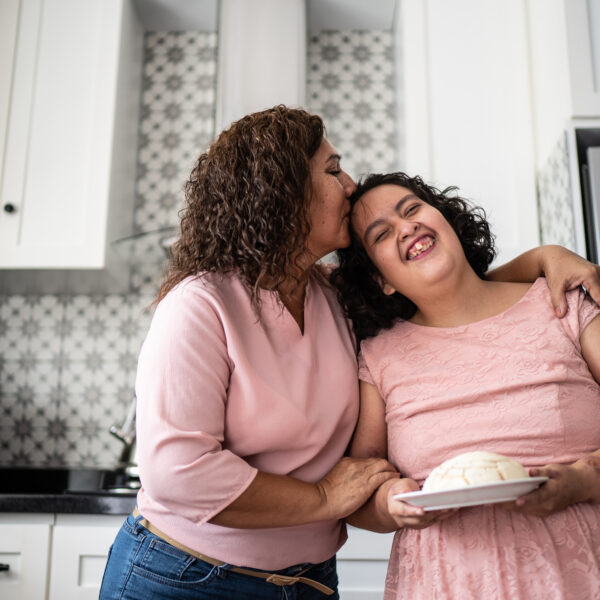Moving to adult health
If your child has health issues, you’ll need to think about the switch from children’s to adult health services as part of preparing for adulthood.
Child and adult health services are organised differently so it will not always be a straight swap from one to the other. Another important change is around decision making and consent for health treatment.
If your child has an EHCP their health transition should also be discussed at annual review meetings from year 9 onwards.
See our young people’s website for information on health and wellbeing written for young people themselves.
What will change?
If your child has a community paediatrician overseeing their health care (usually based at a child development centre), the biggest change will be that from 18 the coordination role switches to the GP. See below for more about working with GPs.
Children’s health services are free, but adults have to pay for some things like dental care and prescriptions. If your child is on a low income, they may still get free dental treatment, free prescriptions etc. You can check eligibility online.
Children’s (paediatric) and adult health services are run separately. The switch from one to the other usually happens at 18. A few teams may offer transition clinics e.g. diabetes and epilepsy, but otherwise from 18 your young person will be seen in outpatient clinics or stay on hospital wards with adults of all ages.
If your child goes to a children’s hospital for some care, for example the Evelina or Great Ormond Street, this will move to a local team or another London hospital. These hospitals have a transition process for young people who will need ongoing care.
If your child is currently receiving care from CAMHS, their CAMHS practitioner should look at whether they will ongoing treatment and how to transfer this to adult mental health services or their GP. If they are on a waiting list for assessment for autism or ADHD when they hit 18, CAMHS will confirm that the young person gives consent to transfer to adult services. Once that is received CAMHS will transfer their details and adult services will add the young person to their waiting list taking into account the time already waited with CAMHS.
The way adult health services work together tends to be less coordinated. Professional roles may be different. Some will not exist, for example only children’s hospitals have play therapists. On the other hand, adult hospitals often have learning disability liaison nurses to help ensure adults with learning disabilities can access their services.
The relationship between health professionals, your young person and you as parent carer will change.
The role of the GP
As the role of the GP is so central from 18, it makes sense to build a relationship with them before this. Once your child is 16 the GP will not necessarily be able to discuss their health with you as parent, even if you are still their main carer, so share information beforehand. You can ask for key information to be added to their Summary Care Record (SCR), for example if they have particular communication needs. This record is held by the GP practice but will be available when they get healthcare elsewhere.
If your child has a community paediatrician, they should send information as a handover to the GP at 18.
GP practices should have a learning disability register which identifies all their patients with a learning disability so they can be offered extra care, including annual health checks. If your child has a learning disability they can be added to this register at any age, but it is particularly important as they approach adulthood. Not all young people with SEND have a learning disability. The definition GPs are expected to use is:
- a significantly reduced ability to understand new or complex information, to learn new skills (impaired intelligence), with a reduced ability to cope independently (impaired social functioning), which started before adulthood.
If your GP is not sure if your young person should be on this register you could suggest they use this online inclusion tool developed in Leeds but widely used by GP practices to check this.
You can download an NHS leaflet about the Learning Disability Register.
GP practices should also have carers register that you can ask to join.
Annual health checks
People with learning disabilities aged 14 years and above are eligible for an annual health check and health action plan from their GP practice. The annual health check appointment should be longer than a usual appointment, so there’s time to talk about a range of health issues and not feel rushed or confused. The health check can be done by a GP or nurse, or sometimes by both. Each practice has its own arrangements.
See the NHS website for more information on annual health checks.
This NHS England easy read guide for parent carers explains all about annual health checks and the learning disability register. It also helps explain the definition of learning disability.
Or download this NHS England Easy Read young people’s guide to learning disability annual health checks.
Consent and decision making
Who can give consent for health care depends on both age and capacity to make decisions.
Under 16s can give consent to medical treatment if they want to do this instead of their parents, providing the health professional is confident they have sufficient maturity and understanding. This is sometimes called Gillick competence. When a child is not able to give informed consent, parents can give consent for them.
At 16 young people are presumed to have the competence to give consent to treatment for themselves. If a young person doesn’t have the capacity to make this decision, parents will usually be able to give consent for them. If a young person between 16 and 18 who has sufficient understanding refuses treatment, this may be overridden if the parent gives consent and it is in the young person’s best interests.
From age 18, only the individual can consent to their own medical treatment. If they don’t have capacity to make this decision, a health care professional will make a decision in their best interests. Parents or other close family members should be consulted but don’t have the right to decide.
See our section on Rights, voice and decision making for more on Mental Capacity and decision making.
As your child reaches adulthood, you will want to help them have the skills to make choices and good decisions. Download our Involving Young People fact sheet (pdf 675kb) for tips on getting your child involved in decision making, or see our page on transition planning.
If your young person has a long term health condition, the Ready Steady Go programme is designed to support them to take more responsibility for managing their own health.
This would also be a good time to write a Health Passport for or with them for times when they need treatment if they will find it hard to explain their needs. Download the Health Passport.






